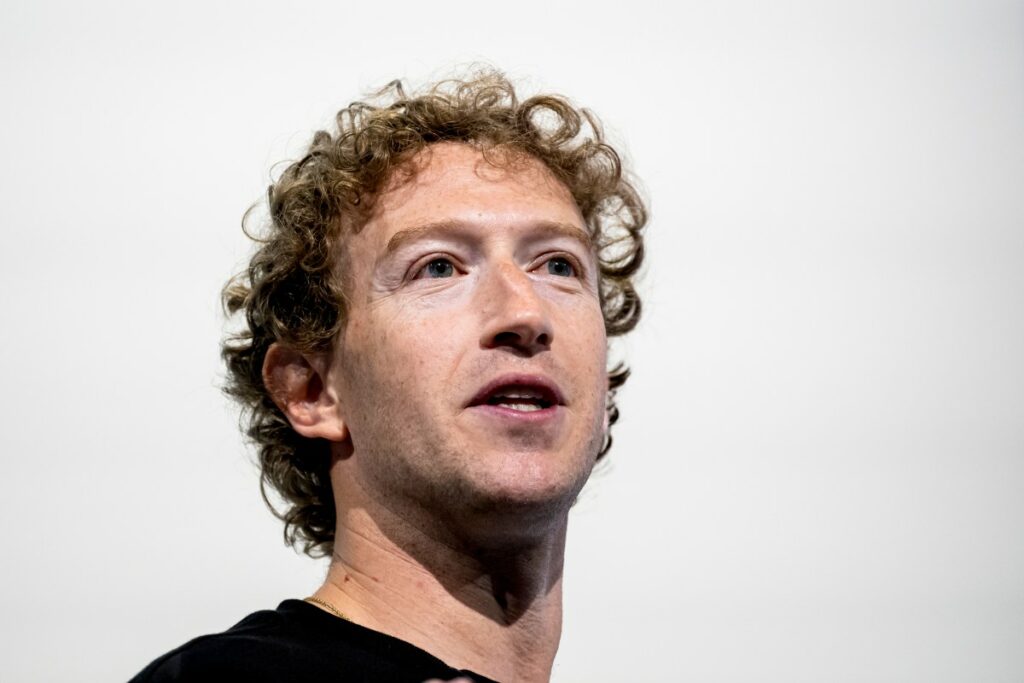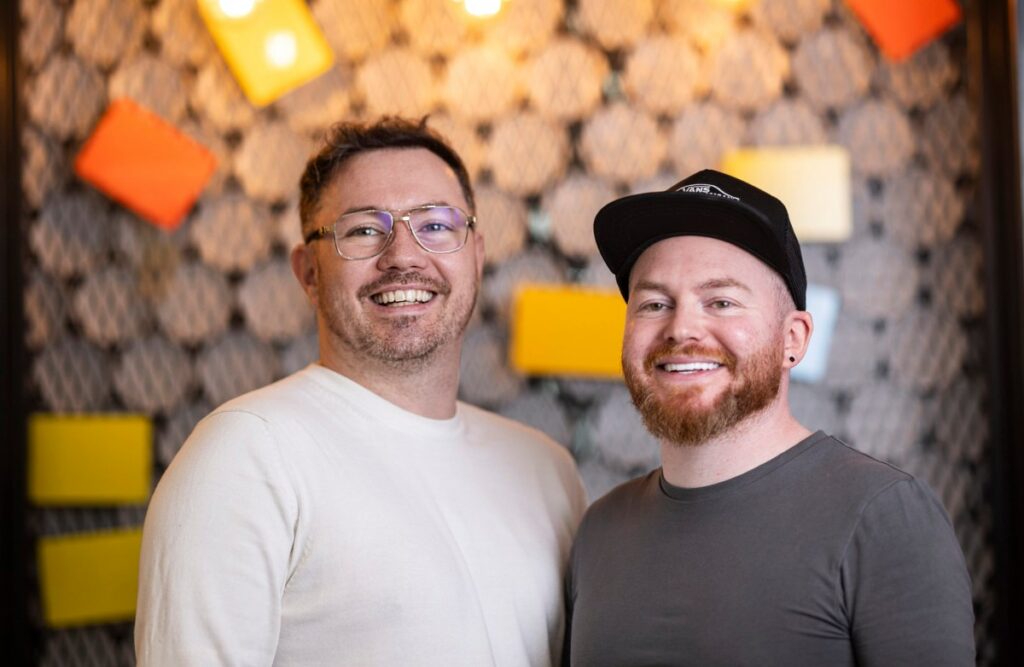Meta has hired a highly influential OpenAI researcher, Trapit Bansal, to work on its AI reasoning models under the company’s new AI superintelligence unit, a person familiar with the matter tells TechCrunch.
OpenAI spokesperson Kayla Wood confirmed to TechCrunch that Bansal had departed OpenAI. Bansal’s LinkedIn page says that he left OpenAI in June.
Bansal has worked at OpenAI since 2022 and was a key player in kickstarting the company’s work on reinforcement learning alongside co-founder Ilya Sutskever. Bansal is listed as a foundational contributor on OpenAI’s first AI reasoning model, o1.
Bansal could offer a significant lift to Meta’s AI superintelligence lab, which also features leaders such as former Scale AI CEO Alexandr Wang, former GitHub CEO Nat Friedman, and Safe Superintelligence co-founder Daniel Gross. Bansal could help Meta develop a frontier AI reasoning model that’s competitive with industry leading technology, such as OpenAI’s o3 or DeepSeek’s R1. Currently, Meta does not offer an AI reasoning model publicly.
In recent months, Mark Zuckerberg has been on a hiring spree to build out Meta’s new AI team, offering $100 million compensation packages to top researchers who join his company. It’s unclear what Bansal was offered to join in this deal.
Nevertheless, it seems that Zuckerberg has been successful at nabbing top AI research talent.
Three other former OpenAI researchers — Lucas Beyer, Alexander Kolesnikov and Xiaohua Zhai — have also joined Meta’s AI superintelligence team in recent weeks, the Wall Street Journal reported on Wednesday. Bansal will join them, alongside former Google DeepMind researcher Jack Rae and former machine learning leader at the startup Sesame, Johan Schalkwyk, according to Bloomberg.
To further fill out its new AI unit, Zuckerberg reportedly tried to acquire startups with heavy hitting AI research labs, such as Sutskever’s Safe Superintelligence, Mira Murati’s Thinking Machines Labs, and Perplexity. However, those talks never progressed to a final stage.
On a recent podcast, OpenAI CEO Sam Altman said Meta has been trying to poach his startup’s top talent, but claimed that “none of our best people have decided to take him up on that.”
A Meta spokesperson declined to comment.
AI reasoning models present a key area for Meta’s AI superintelligence team to get right. In the last year, OpenAI, Google, and DeepSeek have shipped highly performant AI reasoning models that have pushed the limits of what software can do. By training AI models to to work through problems before giving an answer, using additional time and computing resources to do so, AI labs have found success at improving performance.
Meta’s AI superintelligence lab could become a key internal group that powers products throughout the company, much like Google’s DeepMind unit. Meta has an ambitious efforts to build AI agents for business under the former Salesforce CEO of AI, Clara Shih. In order to build competitive agents, Meta needs to develop frontier AI reasoning models to power them.
With the addition of Bansal, and other key AI researchers, Meta hopes to pull ahead in the AI race. That may be difficult given that OpenAI plans to release an open AI reasoning model in the coming weeks — an offering that could add even more pressure on Meta’s open AI offerings.


